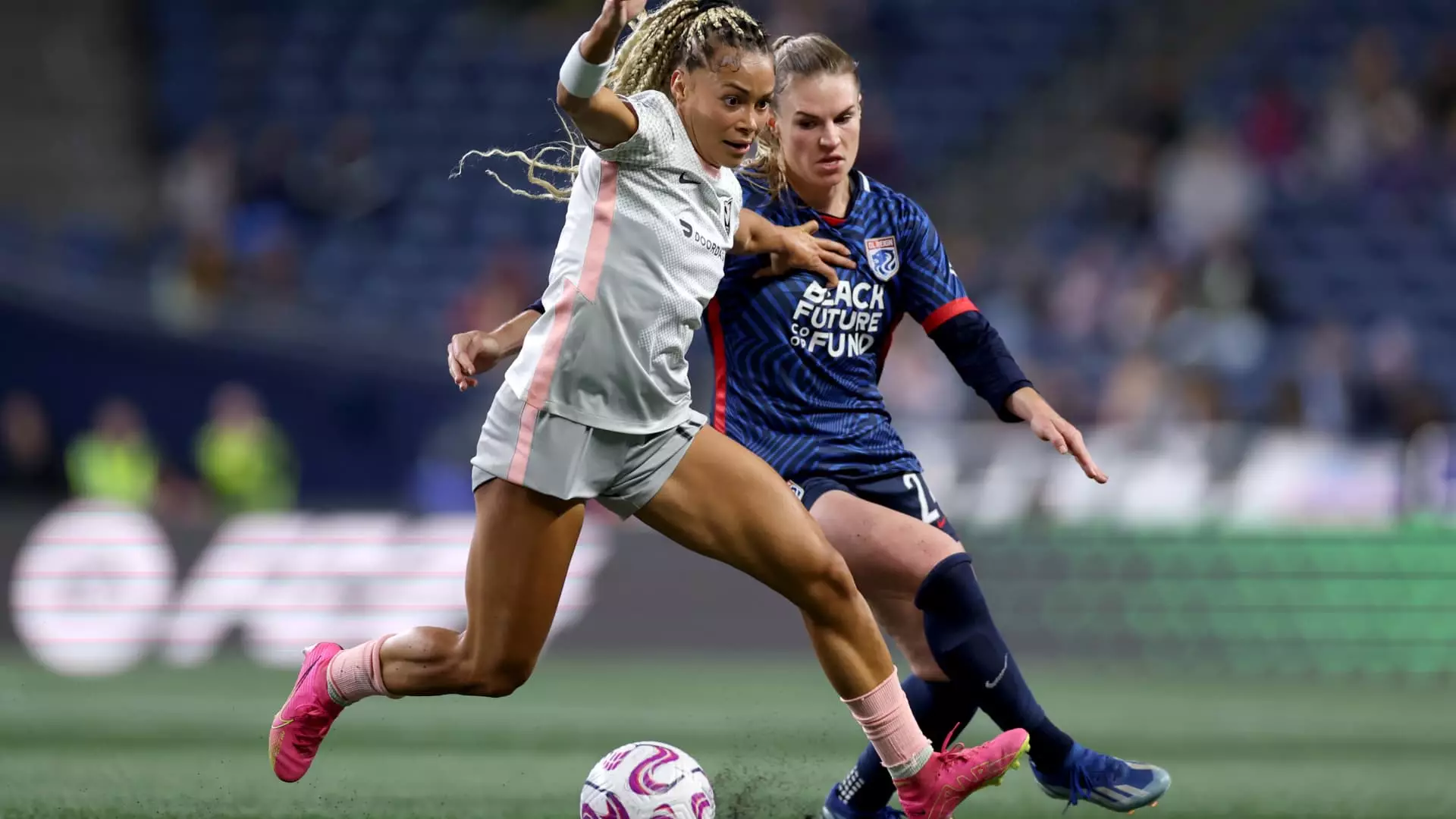Private equity firms have been making significant strides in the world of women’s soccer ownership, with the National Women’s Soccer League (NWS) leading the way. Unlike other major U.S. sports leagues, the NWSL has allowed private equity investors to take majority control of team economics. This shift marks a new era in women’s sports, where institutional capital is seen as a way to inject much-needed resources into the league.
Notable deals like Sixth Street’s acquisition of Bay FC and Carlyle’s partnership with the Seattle Sounders FC to purchase Reign FC have set the stage for private equity involvement in women’s soccer. These transactions, with record valuations of $54 million and $58 million respectively, demonstrate the growing interest and potential for growth in the sport.
With women’s elite sports revenue expected to exceed the billion-dollar mark for the first time, soccer remains a significant contributor to this figure. Women’s sports revenue is characterized by a focus on merchandising sales, ticket sales, partnerships, and sponsorships, rather than broadcast rights as seen in men’s sports. However, recent media deals like the $240 million agreement signed by the NWSL indicate a shift towards increasing broadcast revenue in women’s soccer.
While the influx of private equity capital presents new opportunities for growth in women’s soccer, there are challenges that come with this transition. The league is still navigating the implications of institutional ownership, as it differs from the traditional model of individual ownership. Commissioner Berman emphasized the need for caution and moderation in allowing institutional capital to invest in sports, echoing sentiments shared by other major sports leagues.
As valuations continue to rise and private equity interest in women’s soccer grows, the industry is poised for further evolution. Deals like the potential acquisition of Angel City FC by Disney CEO Bob Iger could set new valuation records for women’s sports franchises. While the landscape of ownership in women’s soccer undergoes transformation, it remains to be seen how the league will balance financial considerations with the integrity of the sport.
The rise of private equity ownership in women’s soccer signifies a turning point for the industry. With a focus on injecting capital, driving growth, and exploring new revenue streams, the partnership between institutional investors and sports leagues opens up new possibilities for women’s sports. As the landscape continues to evolve, it is essential for stakeholders to tread carefully and consider the long-term implications of private equity involvement in shaping the future of women’s soccer.

